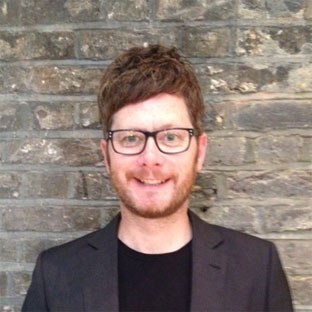I recently had a conversation with my sixteen year old daughter about drug education during PSHE lessons at her school. It was worrying for me, both as a parent and as someone who works in the area of drug and alcohol recovery to hear that her particular school was not offering a coherent and balanced information session on drugs and alcohol.
In fact, she said that they were told ‘drugs are bad’. So, one parents' evening I collared a teacher who was in charge of delivering PSHE lessons and asked her if she would be happy for me to arrange for a qualified substance misuse worker to come in and give a talk. With some trepidation she agreed, saying that it would have to go through the correct channels (presumably heads of staff). I then contacted KCA Young Persons Service (YPS), a local organisation in Kent that we have worked with and who provide support and advice for young people aged 10-17.
This week, I attended the school with the young person’s worker from KCA who delivered an excellent and appropriately targeted talk on drug and alcohol awareness. It was clearly well received by the students who engaged well, and the feedback from the staff afterwards was very positive. In Scotland and some areas of England, the Police have been used to give NPS (Novel Psychoactive Substances - 'legal highs') awareness sessions in schools, but I would wonder about the effectiveness of this approach. However, an interesting point arose afterwards. When the young person's worker offered to deliver more talks to other years, or revisit and provide more sessions, the member of staff cautiously encouraged them to liaise with her directly and not go through the Headmaster. I got the distinct impression that an informative/educational approach, with an emphasis on harm reduction, would have been deemed as problematic with senior staff (I wondered if the fact that it was a church school had any bearing, but didn’t ask).
I remember the 1980s, the days of the nuclear threat, political and social conservatism (on both sides of the Atlantic) and Grange Hill. Today, we know that the ‘Just Say No’ advertising campaign used by Nancy Reagan in the global War on Drugs has failed and that there is also evidence to support the idea that the campaign used in UK domestic schools was in fact counter-productive and may have even encouraged drug use among young people (thanks Zammo!). By coincidence, a freedom of information request by the Press Association was recently published in The Guardian (23/04/15). It claims that ‘hundreds of schoolchildren’, some as young as eight, have been caught with drugs on school premises in the last four years. The majority of incidents were recorded among students aged 15 and 16 (my daughter’s age group).
A new approach to drug and alcohol education in schools is needed; one that has moved with the times and reflects the changing attitudes, both domestically and globally. If we continue to see funding cut for organisations, resources will suffer and ultimately rational thought will lose out (as we have seen recently with the loss of Drugscope). Young people should be given the credit to make their own decisions but we are in danger of failing them if we do not give them the opportunity to be able to make informed decisions (they have FRANK instead of Zammo nowadays). With the evolution of new cannabis laws (largely in favour of decriminalisation and medicinal use) slowly making waves around the world, and a new era of drugs born out of Chinese laboratories (NPS and club drugs) seemingly evading legislation on a weekly basis, how can teachers continue to hide behind an approach that is thirty years old?
Related articles
-
From Whole Person to Whole Community - the future of recovery
Susie Pascoe
Recovery in terms of ‘health’ care, rather than ‘sick’ care, and a long term focus on wellbeing, instead of simply treating the symptoms, is at the core of our latest report.
-
Blog: Let's get down and talk dirty
Steve Bodycomb
How language can to used to help or hinder a person's recovery journey from substance and alcohol misuse
-
Blog: The language of Pain
Steve Bodycomb
How language and art can be used to help diagnosis and treatment of medical conditions




Be the first to write a comment
Comments
Please login to post a comment or reply
Don't have an account? Click here to register.